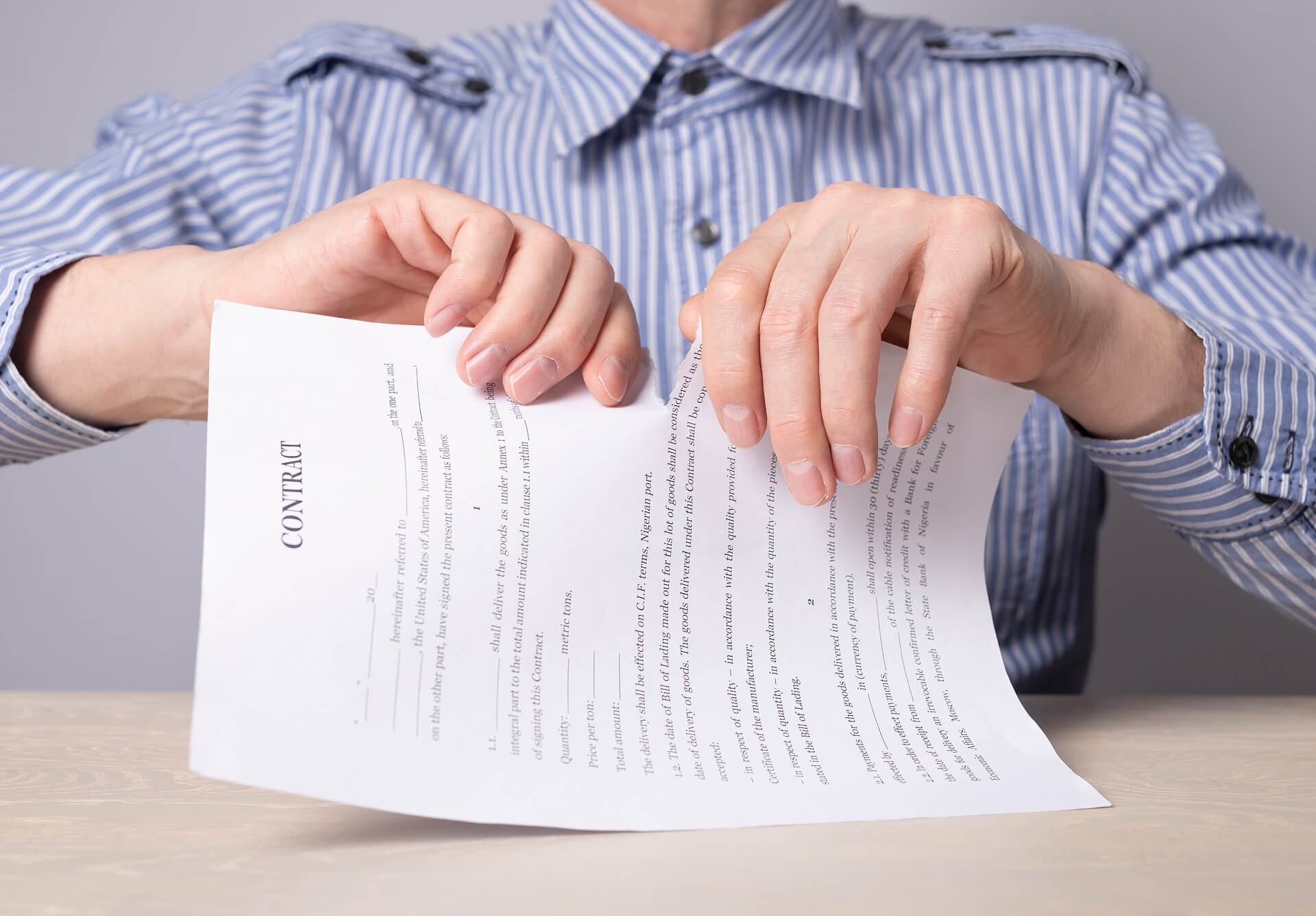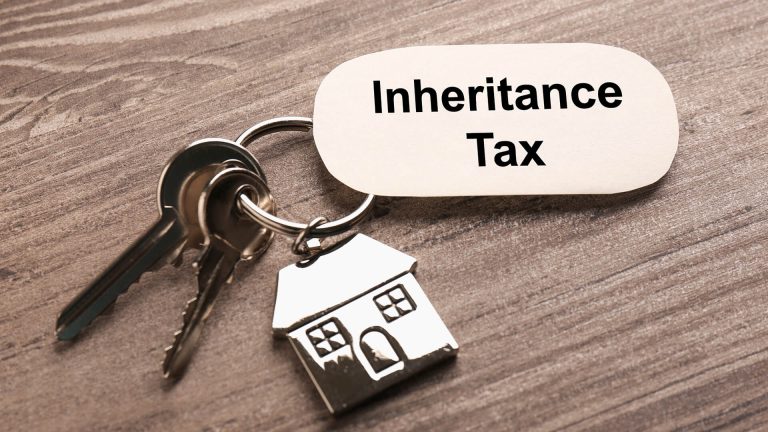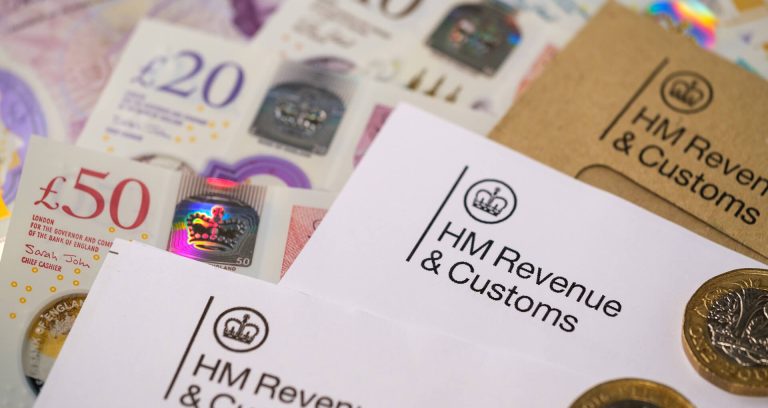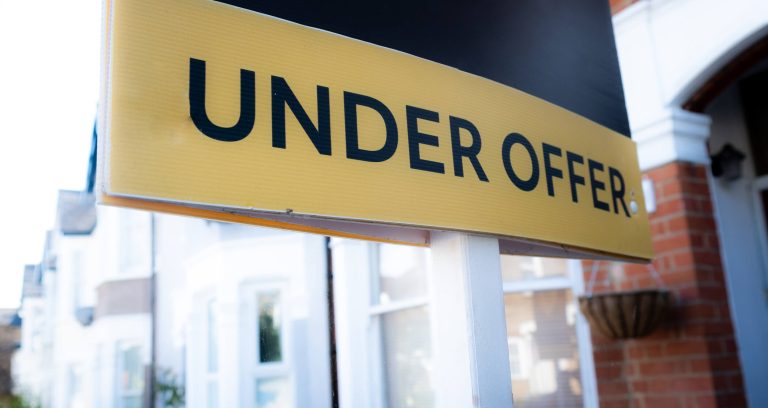Can You Pull Out of a House Sale in the UK?
Buying or selling a house is a significant decision, and circumstances can sometimes change unexpectedly. If you’re wondering, “Can I pull out of a house sale in the UK?” the answer depends on where you are in the process and why you’re considering withdrawing.
Let’s break down when you can pull out and what the consequences may be.
Before Exchange of Contracts
Generally, Yes:
Before exchanging contracts, either the buyer or the seller can withdraw from the sale without major legal consequences. This period is known as “subject to contract,” meaning neither party is legally bound to proceed at this point.
No Legal Obligation:
At this stage, you have the flexibility to change your mind without facing significant financial penalties. However, you might lose fees already paid, such as surveyor costs or solicitor charges. It’s best to notify your solicitor or estate agent quickly to avoid complications.
Reasons for Withdrawal:
People pull out of house sales for various reasons before the exchange of contracts:
- Finding a more suitable property or a different buyer
- Uncovering issues during surveys or home inspections
- Experiencing personal changes, such as difficulty securing a mortgage
- Facing financial challenges, like job loss or income reduction
For a detailed overview of the buying process, check out the GOV.UK Guide on Buying a Home.
Gazumping:
Gazumping happens when a seller accepts an offer from one buyer but later accepts a higher offer from another buyer before exchanging contracts. This practice is legal but often seen as unethical. Buyers can protect themselves by negotiating a clause preventing the seller from accepting a higher offer after an agreement has been made.
Gazundering:
Gazundering takes place when a buyer reduces their offer just before the exchange of contracts. Though this is legal, it is typically viewed as poor practice and can cause frustration for the seller.
After Exchange of Contracts
Legally Binding:
Once contracts are exchanged, both the buyer and the seller are legally committed to the sale. Neither party can simply back out without serious consequences.
Breach of Contract:
If either party withdraws after exchanging contracts, they are in breach of the contract. This could lead to legal action and financial penalties.
Financial Penalties for Withdrawing After Exchange
Buyer:
If the buyer withdraws after exchanging contracts, they risk losing their deposit, which is typically 10% of the purchase price. The seller may also seek damages for any losses incurred, such as the cost of re-listing the property or price reductions. The buyer could also be liable for other costs the seller faces due to the withdrawal.
Seller:
If the seller backs out after exchanging contracts, the buyer may claim damages for any costs incurred, including surveys or legal fees. The buyer may also seek compensation for price increases or delays in finding a new property. In extreme cases, the buyer could apply to the court to force the sale.
Specific Performance:
If one party tries to back out after exchanging contracts, the other party can apply to the court for “specific performance.” This legal remedy forces the sale to proceed as agreed, requiring the buyer to purchase the property at the agreed price.
For more information on contract law and remedies, visit the Law Society’s House Buying Guide.
Reasons for Legitimate Withdrawal After Exchange (Rare)
While rare, there are certain circumstances where a party may have legitimate grounds to withdraw after exchanging contracts:
- Misrepresentation: If the seller provided false information or failed to disclose significant issues with the property, the buyer might be able to pull out.
- Failure to Disclose Information: If the seller didn’t disclose important property issues, such as structural problems, the buyer may have the right to withdraw.
- Contractual Clauses: Some contracts include clauses allowing for withdrawal in specific circumstances, such as missed deadlines or undisclosed issues.
If you’re uncertain about your rights, it’s always a good idea to consult a solicitor with expertise in property law.
Conclusion
In conclusion, you can withdraw from a house sale in the UK before exchanging contracts with few legal consequences. However, once contracts are exchanged, the sale becomes legally binding, and backing out at this stage can lead to significant financial and legal penalties.
Before making any decisions, carefully consider the consequences. Always consult with a solicitor to ensure you’re making an informed choice.
For more information on property transactions, visit the GOV.UK House Selling Guide.
About National House Buyers
Facing an urgent house sale? National House Buyers offers the solution. We purchase all types of properties, regardless of condition or location, providing a cash offer with a guaranteed sale.
We cut through the traditional hurdles: no estate agent fees, no being stuck in lengthy property chains, and absolutely no hidden costs or frustrating delays. Our mission is to deliver a seamless and stress-free selling experience across the UK, empowering you to move forward on your terms.
Discover how it works or call us free on 0800 032 1217 now.



